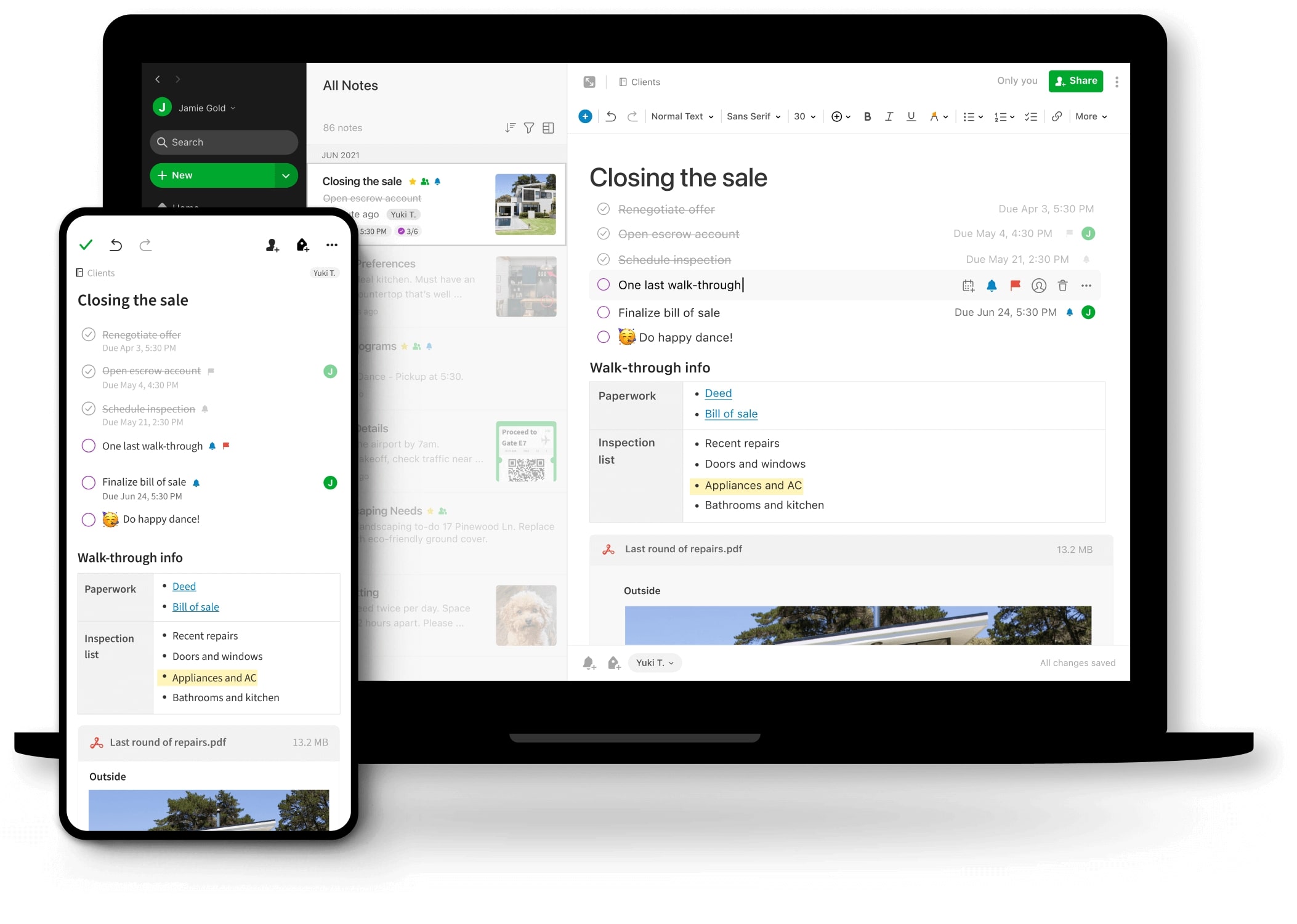GCSE mock exams are not just any tests; Think of GCSE mock exams as an opportunity to rehearse an important step in your future. These practice runs happen before your official GCSE exams, and they dive into the same subjects, giving you an idea about how the actual exam works. Usually, you’ll encounter the first GCSE mock exam at the end of Year 10, typically around June or July.
However, these aren’t your only chances to prepare for the big GCSE showdown. Another round of GCSE mock exams happen in Year 11, either in December or January, a few months ahead of the actual GCSE exams dates scheduled for May or June.
In this exploration, We’ll delve into the world of GCSE mock exams and hopefully, aid you to success during this crucial phase.
The Advantages of GCSE Mock Exams
1. Practice Makes Perfect
The foremost advantage of mock exams is the opportunity they offer for practice. Taking these practice exams allows you to become familiar with the exam format, the types of questions asked, and the time constraints. This practice can significantly reduce anxiety and boost your confidence when the real GCSEs arrive.
2. Identifying Strengths and Weaknesses
Mock exams serve as a litmus test for your knowledge and understanding of the subjects. By reviewing your mock results, you can pinpoint your strengths and weaknesses. This insight is invaluable for finding your revision strategy. Concentrate your efforts where they’re needed the most to maximise your chances of success in the final exams.
3. Time Management Skills
Effective time management is a skill you’ll carry with you throughout your academic and professional life. Mock exams provide a structured timeline, urging you to plan your revision efficiently. Learning to allocate time to various subjects and topics is a valuable skill that will serve you well in the future.

4. Motivation Booster
The mock exam experience mimics the atmosphere of the real GCSEs. The adrenaline rush and the pressure you feel during mocks can be a powerful motivator. It teaches you to harness that adrenaline, manage stress, and perform at your best under pressure. Consider it a training ground for the real deal.
5. Feedback Loop
Mock exams offer a feedback loop that real exams don’t. You receive grades and comments that help you understand where you went right and where you stumbled. This feedback can be the compass guiding your revision efforts, allowing you to fine-tune your preparation. Taking into consideration that the mock exams are assessed by your own teachers, the feedback is personalised, which is definitely a bonus when it comes to revision.
The Disadvantages of GCSE Mock Exams.
1. Added Stress – There’s No Escaping It
Mock exams can be stressful. They bring with them the pressure to perform well, and this stress can sometimes become overwhelming. It’s essential to strike a balance between motivation and anxiety management.

2. Limited Impact on Final Grades Here’s the Harsh Truth
Mock exam results don’t directly contribute to your final GCSE grades. They serve primarily as predicted grades and as tools to help you assess your progress. In other words, a stellar mock performance doesn’t automatically translate into top-notch GCSE results.
3. Time Consuming Preparing
For mock exams demands a significant amount of time and effort. This can lead to a feeling of time pressure, especially when the final exams are looming. Balancing your mock exam preparation with regular coursework can be challenging. However, it’s important to remember that you were able to manage your time well throughout school years and you can do it again.
4. Potential for Demotivation
In some cases, students might become disheartened if their mock results fall short of their expectations. This demotivation can hinder their enthusiasm for further revision and may lead to a sense of defeat. It would help greatly for students to see this as an opportunity to find their shortcomings and use the opportunity to work on them before the actual GCSE exams.
Conclusion
As you approach your GCSE mock exams, you’re on the verge of a transformative academic journey. These practice tests come with both challenges and opportunities, offering you a chance to sharpen your skills and build confidence. Although the mock exams don’t directly affect your actual results on GCSE exam day, many students feel the need to perform well.
In this pursuit of excellence, there are excellent study strategies and revision resources. One platform that can notably elevate your preparation is Edumentors. Their online tutoring platform, staffed with students from top UK universities, is your key to unlocking your full potential. With their guidance and availability, Edumentors can provide the extra support you need to excel in your mock exams and beyond. We are positive that with the set of resources and the outlook we have suggested, mock exams will not only be more manageable but also significantly enhance your chances of scoring brilliantly in your exam.
FAQs About GCSE Mock Exams
What are GCSE mock exams?
GCSE mock exams are practice examinations designed to simulate the real GCSE exams. They cover the same subjects and topics and are held before the official GCSE exams to help students prepare.
Why are GCSE mock exams important?
GCSE mock exams serve several purposes. They help students become familiar with the exam format, timing, and question styles. They also provide insights into strengths and weaknesses in their knowledge and revision strategies.
When do GCSE mock exams typically take place?
There are usually two rounds of GCSE mock exams. The first round is often at the end of Year 10, around June/July. The second round, more crucial, is in Year 11, typically in December or January.
How can I prepare effectively for GCSE mock exams?
Effective preparation includes organising your study space, creating a revision schedule, using active revision techniques like mind maps and flashcards, practising past papers, and seeking help when needed.
Do GCSE mock exam results count towards my final GCSE grades?
Generally, mock exam results are used for predicted grades and to track your progress. However, they can replace your grade in case of emergencies. The final GCSE grades are primarily determined by the official exams.
What's the role of online tutoring platforms like Edumentors in GCSE mock exam preparation?
Edumentors, with its team of student tutors from top UK universities, offers valuable support. They provide one-on-one assistance, helping students understand topics, review mock exams, and boost their confidence.
How should I stay motivated during GCSE mock exam preparation?
Maintaining motivation involves setting rewards, recognising achievements, incorporating physical activity, and sticking to a well-structured revision routine. Additionally, seeking support from peers and mentors can keep you motivated.









